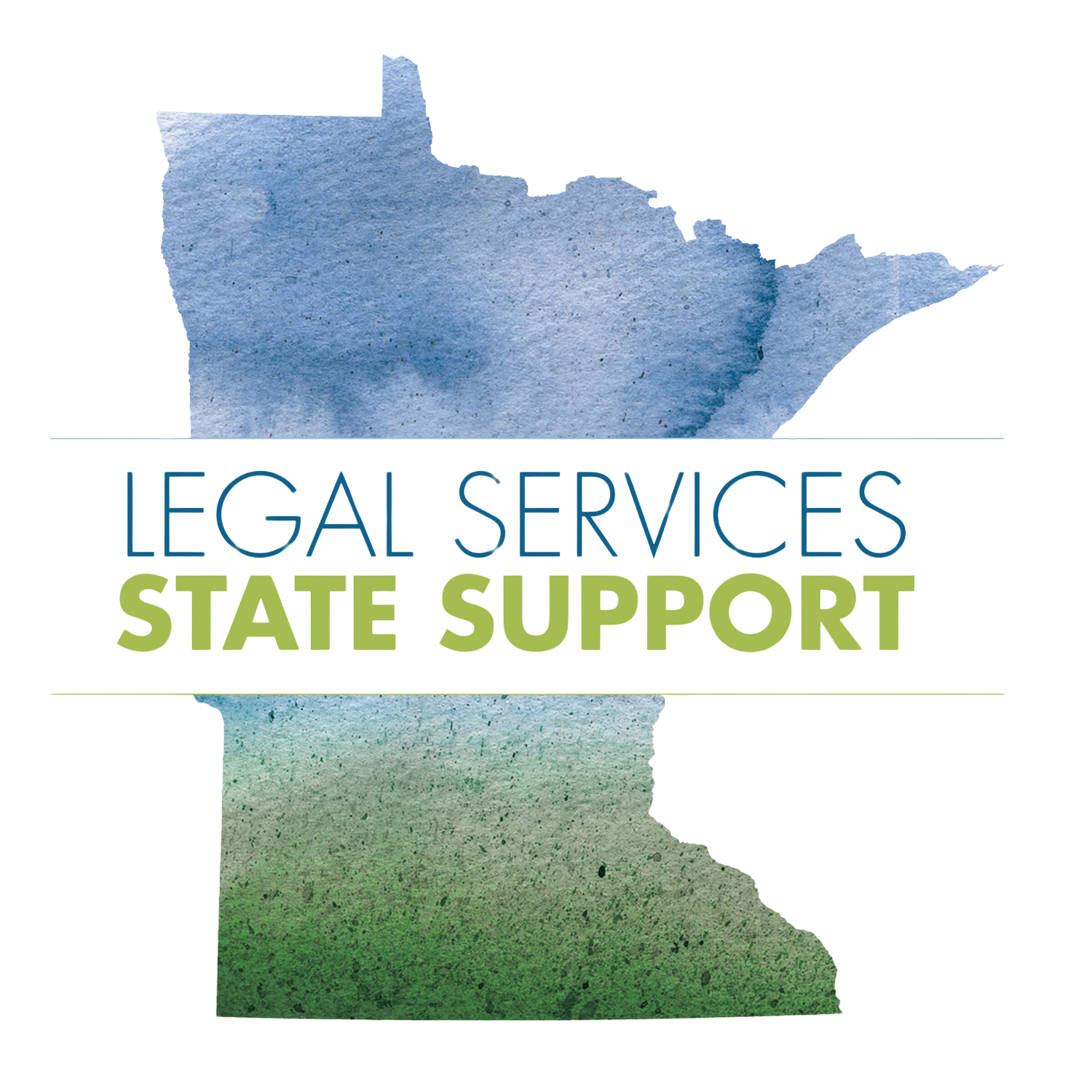Social Work at SMRLS: A Path to Housing Stability
By Erika Boyer-Kern, MSW, LISW, Southern Minnesota Regional Legal Services
Housing attorneys at Southern Minnesota Regional Legal Services (SMRLS) have long recognized that legal solutions alone are not enough to address housing instability. Peter Hemberger, Supervising Housing Attorney at SMRLS says of the social work program “As housing attorneys we would solve the legal issue. Maybe we would get someone extra time in their home, maybe we would get the eviction dismissed, but that doesn’t solve the reason they are facing this issue to begin with – social workers can look at those non-legal problems and start to offer solutions.”
Social workers focus on housing at SMRLS was strategic and in response to the current crisis that is playing out across Minnesota – rising rents, increased rates of homelessness, and not enough resources to fill the need. In response, the social work program was started in January of 2024 by hiring a social worker in the SMRLS Mankato office. Now, SMRLS has hired a social worker in their St. Paul office and is set to hire a social worker out of their Rochester office in the next couple of months.
Each social worker is housed in their respective regional housing unit and work closely with housing attorneys to meet the needs of clients who are experiencing housing instability. The social worker meets with the individual or family who might be facing eviction, habitability issues, or homelessness, and creates a plan with the client from there. Social workers regularly help clients search for housing, apply for rental assistance, complete applications for subsidized housing, advocate for the client to the landlord, and more.
In one case, a social worker supported a client experiencing unsheltered homelessness for two years. After multiple housing denials due to their criminal record, the social worker persistently appealed and advocated until the client was finally accepted into subsidized housing. They then coordinated county support and case management, ensuring long-term stability.
Not only do the social workers focus on these housing-related needs, but they also address other areas that might have an impact on someone’s housing instability – like mental health, domestic violence, and access to community resources. For example, in one case involving a person who struggled with issues related to hoarding, the social worker helped the person apply for in-home services to help with housekeeping. They also located a therapist and helped fill out the intake paperwork so that the individual could learn skills to address the hoarding behaviors. In another example, the social worker provided emotional support and assistance in getting a client connected to mental health support due to domestic violence, while also helping with housing navigation and eventual placement in a housing program. There is example after example of the impact that social workers are having on the lives of clients that are referred through SMRLS.
Moving forward, one goal of the social work program is to track measurable outcomes so that progress can be shared. Erika Boyer-Kern, one of the social workers at SMRLS, said, “We know we are doing good work; we see it every day. We want to make sure that we can measure the positive changes our clients are making. I’m excited to see what this program will look like in years to come.”
The integration of social workers into the work SMRLS is already doing reflects a strategic response to Minnesota’s housing crisis. By addressing the deeper, underlying issues impacting housing stability—such as mental health, domestic violence, and access to community support—social workers are helping clients achieve change beyond legal remedies alone. For more information about the SMRLS social work program please contact Erika Boyer-Kern at 507-396-6806.
